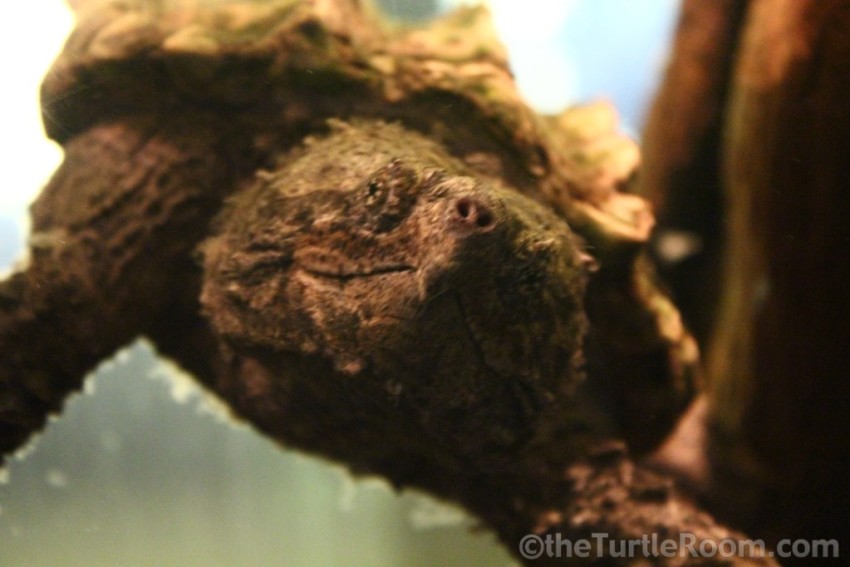World Turtle News, 04/23/2015
Perth Zoo continues to champion the cause of this unique turtle Perth Zoo has been a leader in conserving the Western Swamp Turtle (Pseudemydura umbrina) since 1989, having bred more than 800 and released 668 into the wild to boost numbers. New populations have been established at two key locations. A new facility, incorporating some new innovations, will help Perth Zoo continue their good work […]
World Turtle News, 04/23/2015 Read More »



